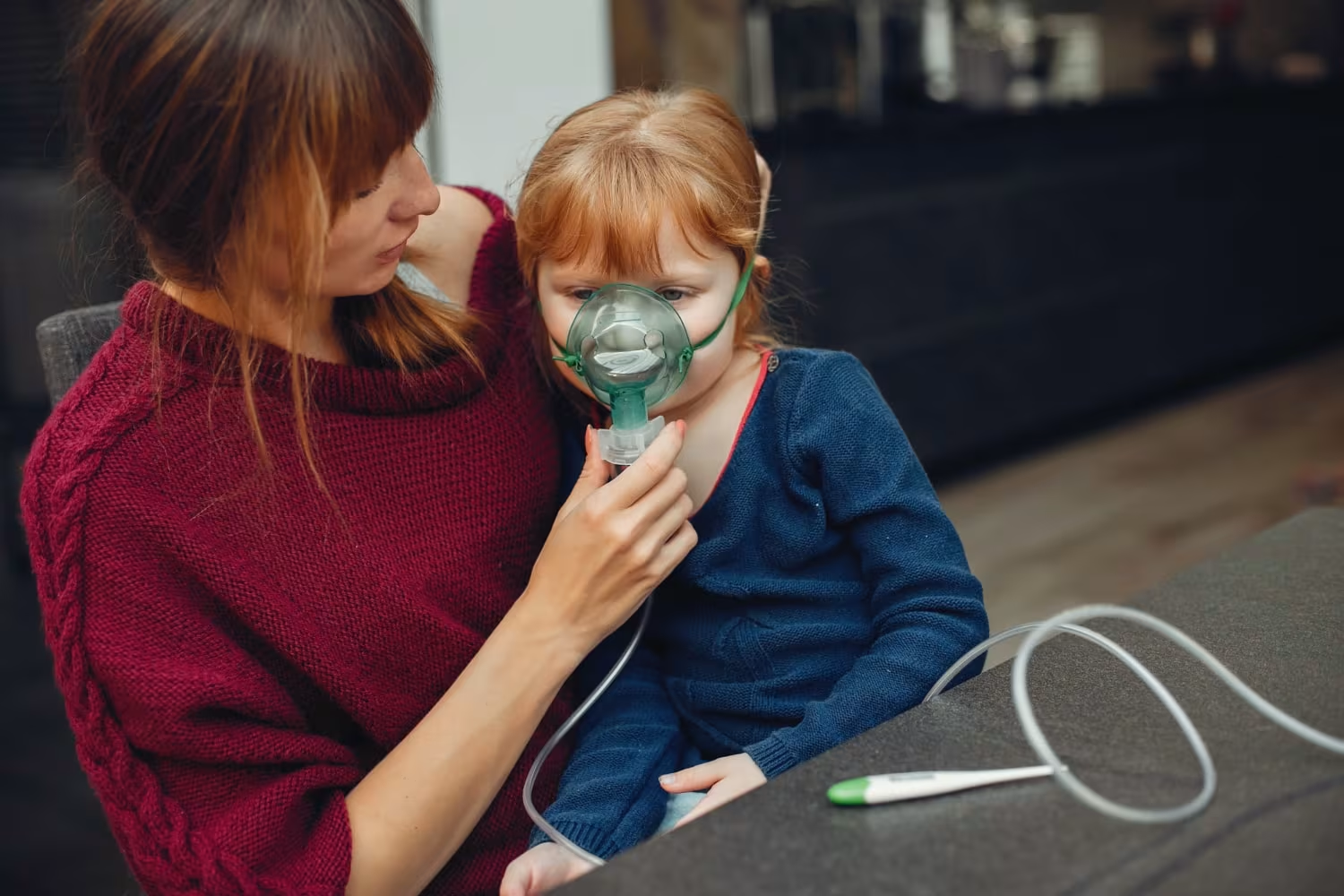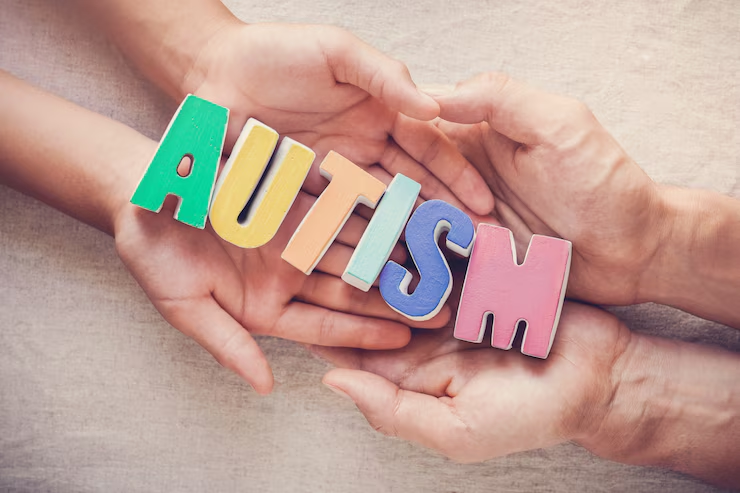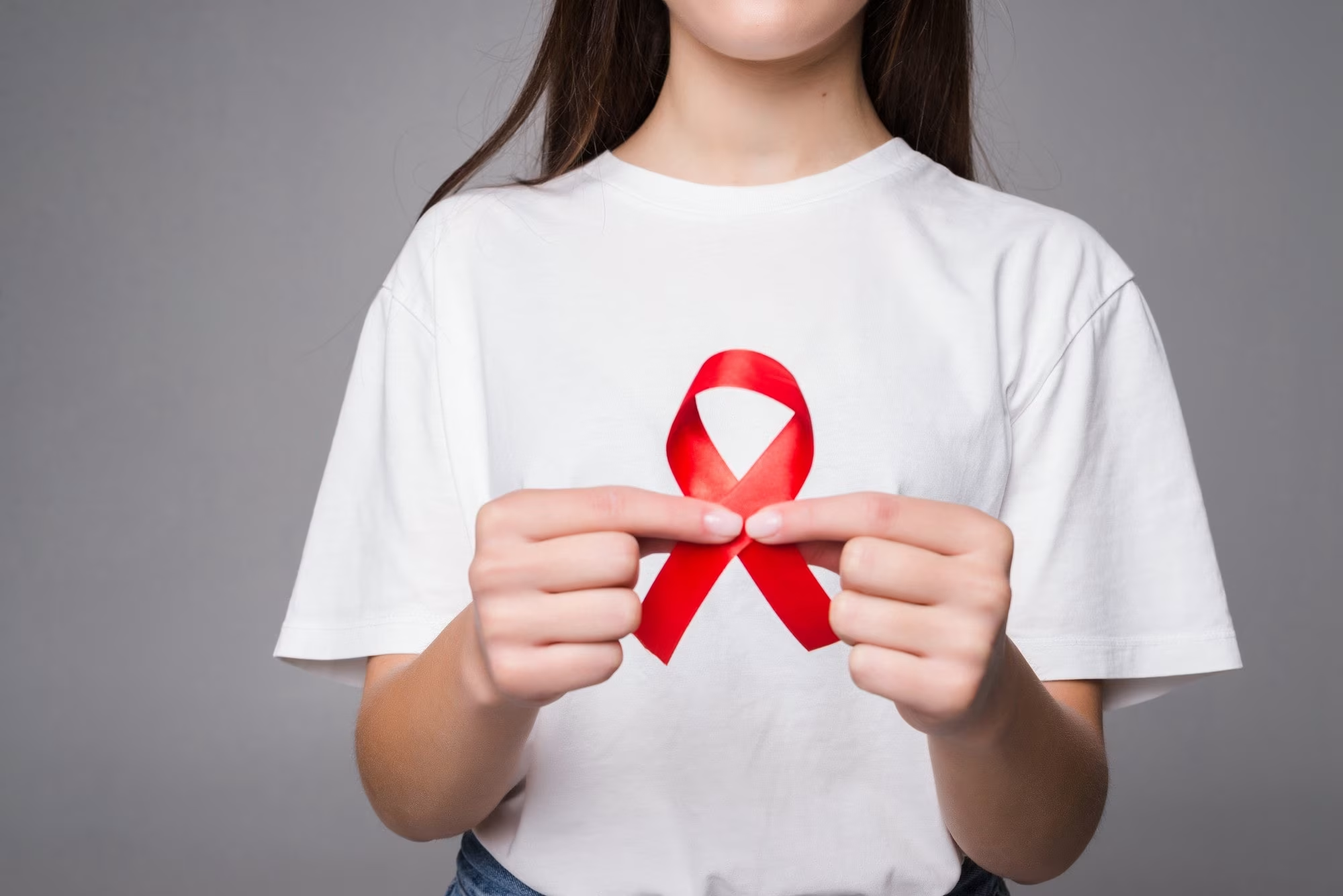
Testosterone is a vital hormone in men, playing a crucial role in various aspects of health, including libido, muscle mass, bone density, and mood regulation. When testosterone levels drop below normal, it can have significant effects on both physical and mental well-being.
Low testosterone, also known as hypogonadism, can occur due to various factors, including:
The symptoms;
Diagnosis typically involves a combination of symptoms assessment, physical examination, and blood tests to measure testosterone levels. It's essential to consult with a healthcare provider to determine the underlying cause of symptoms and rule out other potential medical conditions.
Treatment aims to restore hormone levels to normal and alleviate symptoms. Common treatment options may include:
In men's health this is a common condition that can have significant effects on physical and mental health. Recognising the causes, symptoms, and treatment options is essential for effectively managing the condition and ensuring prompt medical assessment.
If you are experiencing any of these symptoms, do not hesitate to book an appointment with one of our doctors. Click here to book online.





